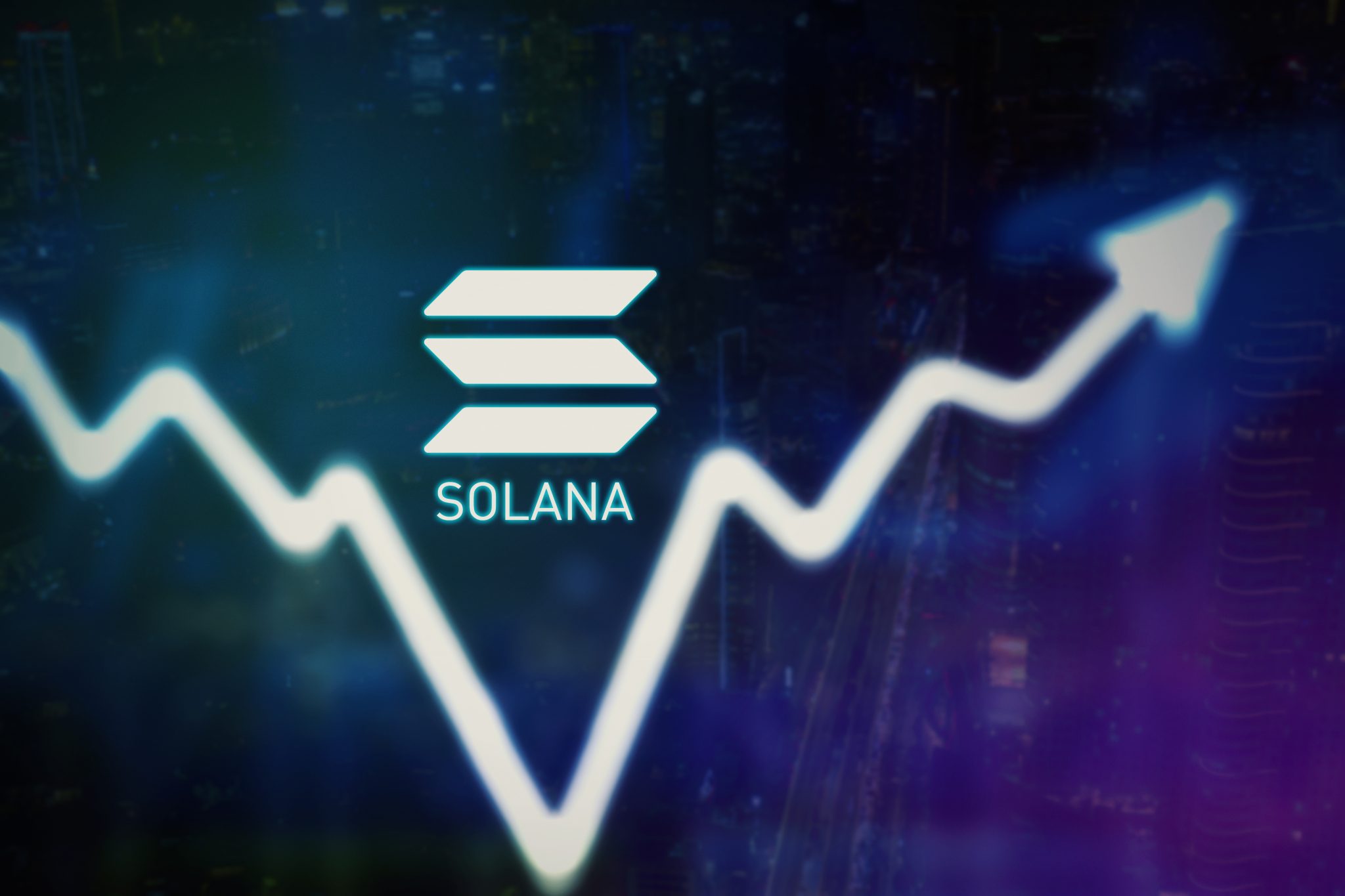Solana Grapples with Transaction Failures, Raising Concerns
10.08.2024 10:30 2 min. read Alexander Stefanov
Solana, a blockchain renowned for its rapid transactions, is under the spotlight again due to significant performance issues.
Previously plagued by reliability concerns, the network is now facing criticism for high transaction failure rates.
An analyst on platform X highlighted a serious problem: Solana’s transaction failure rate is alarmingly high, affecting user experience and undermining the network’s benefits, such as low fees and scalability. Data from Jupiter, a decentralized exchange on Solana, shows that only 35% of transactions are successful daily, leaving 65% unprocessed.
Solana is absolutely wild, when you start digging into the data and how misleading it is.
Jupiter Aggregator v6 program’s transactions in the last DAY has a 65.27% transaction failure rate.
Total Transactions: 7.66 million
Successful Transactions: 2.66 million (34.73%)
Failed… pic.twitter.com/hHKjJ6tL3g— Dave (@ItsDave_ADA) August 6, 2024
The problem intensifies when viewed over a month. On some days, the failure rate exceeds 80%, meaning only two out of ten transactions go through.
Despite boasting high transaction speeds, Solana’s metrics are misleading due to the inclusion of failed transactions as successes. This inflates the network’s performance statistics and misrepresents its capabilities. Users are charged fees for all transactions, including failed ones, which diminishes their experience and adds unnecessary costs.
The prevalence of transaction failures, exacerbated by bots spamming the network with low-fee transactions, could deter major financial institutions like Visa from adopting Solana. The network’s unreliability might make traditional users hesitant to switch from more stable payment systems.
In addition to transaction failures, Solana recently faced controversy for banning over 30 validators from its subsidy program due to their involvement in Miner Extractable Value (MEV) bot activities. These ongoing issues cast doubt on Solana’s reliability and future prospects as a leading blockchain platform.
-
1
Most Trending Cryptocurrencies on CoinGecko After Bitcoin’s New ATH
11.07.2025 19:00 2 min. read -
2
Altcoin Supercycle? Analysts Signal ‘Banana Zone 2.0’ as Market Erupts
13.07.2025 19:00 2 min. read -
3
XRP Hits All-time High Amid Regulatory Breakthrough and Whale Surge
18.07.2025 11:14 2 min. read -
4
Ethereum Tops $3,285 for First Time Since January
17.07.2025 7:00 1 min. read -
5
Trump’s Truth Social to Launch Utility Token for Subscribers
10.07.2025 18:30 1 min. read
Binance to Launch PlaysOut (PLAY) Trading on July 31 With Airdrop
Binance has officially announced the launch of PlaysOut (PLAY), a new token debuting on Binance Alpha, with trading scheduled to begin on July 31, 2025, at 08:00 UTC.
Cboe BZX Files for Injective-based ETF Alongside Solana Fund Proposal
The Cboe BZX Exchange has submitted a filing with the U.S. Securities and Exchange Commission (SEC) seeking approval for a new exchange-traded fund (ETF) that would track Injective’s native token (INJ).
Bernstein Warns Ethereum Treasuries Pose New Risks
Bernstein has flagged growing risks in Ethereum’s corporate adoption trend, cautioning that the rise of “ETH treasuries” could reshape the network’s supply and risk dynamics.
Interactive Brokers Weighs Stablecoin Launch
Interactive Brokers, one of the world’s largest online brokerage platforms, is exploring the possibility of issuing its own stablecoin, signaling a potential expansion into blockchain-driven financial infrastructure as U.S. crypto regulation begins to ease.
-
1
Most Trending Cryptocurrencies on CoinGecko After Bitcoin’s New ATH
11.07.2025 19:00 2 min. read -
2
Altcoin Supercycle? Analysts Signal ‘Banana Zone 2.0’ as Market Erupts
13.07.2025 19:00 2 min. read -
3
XRP Hits All-time High Amid Regulatory Breakthrough and Whale Surge
18.07.2025 11:14 2 min. read -
4
Ethereum Tops $3,285 for First Time Since January
17.07.2025 7:00 1 min. read -
5
Trump’s Truth Social to Launch Utility Token for Subscribers
10.07.2025 18:30 1 min. read


